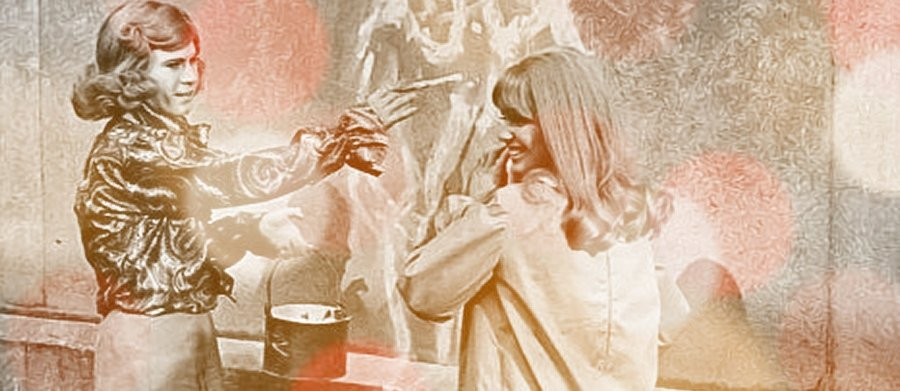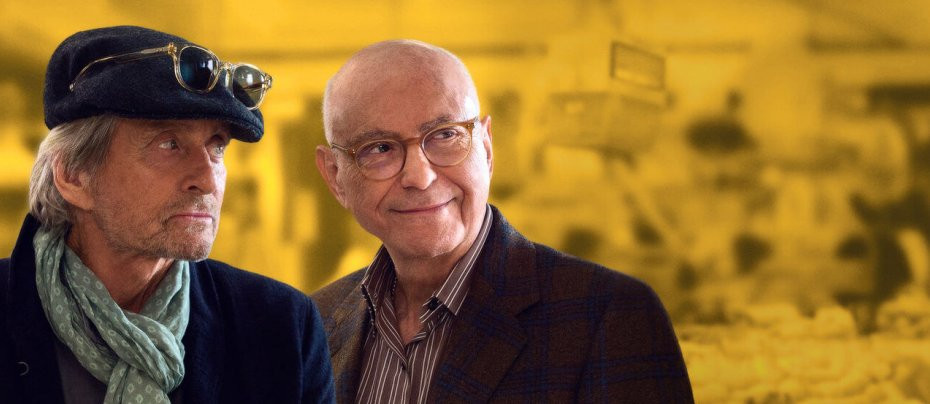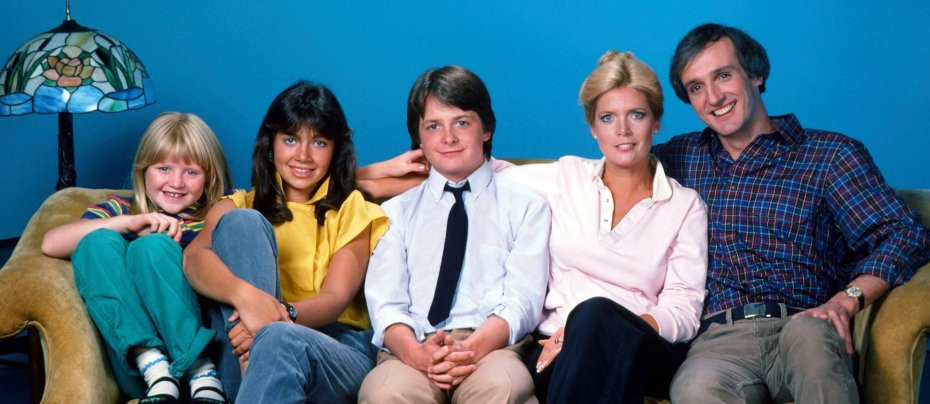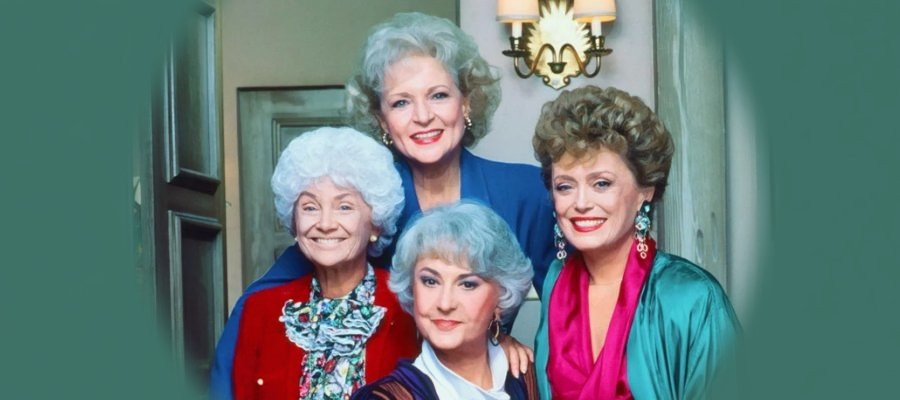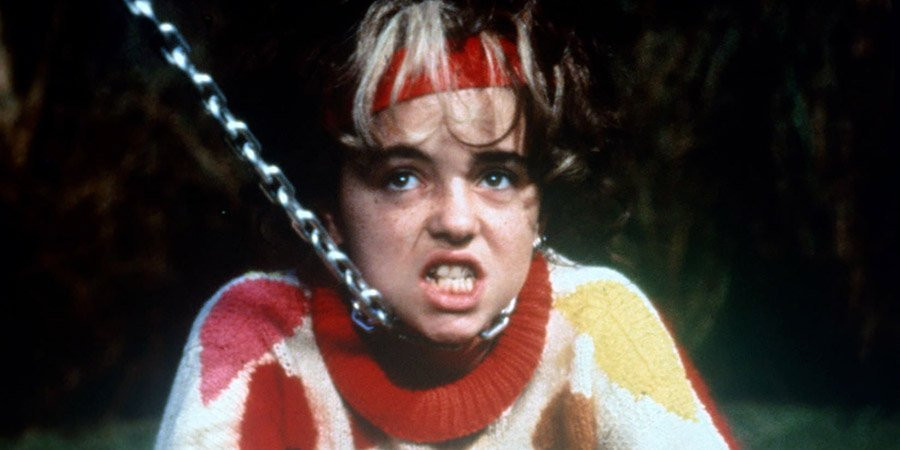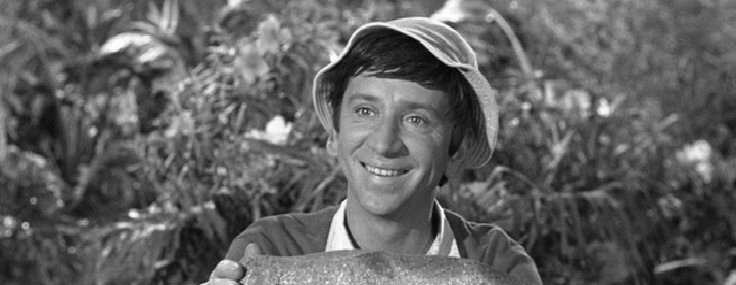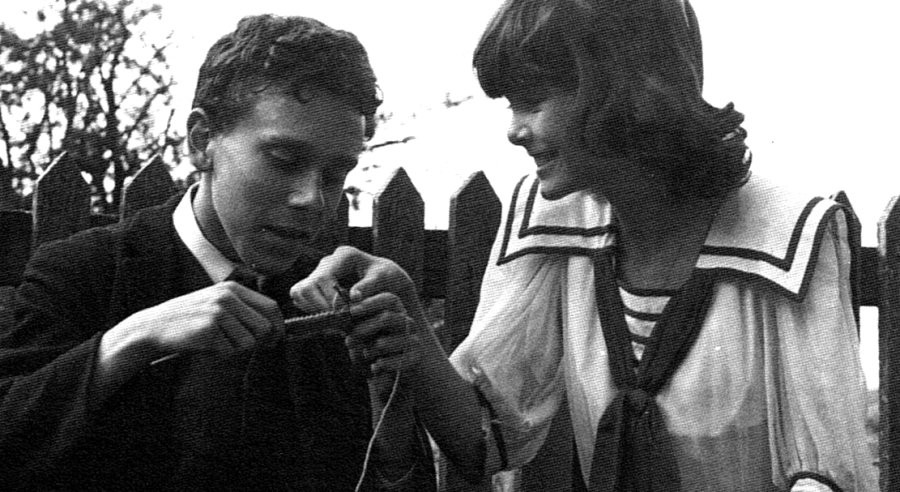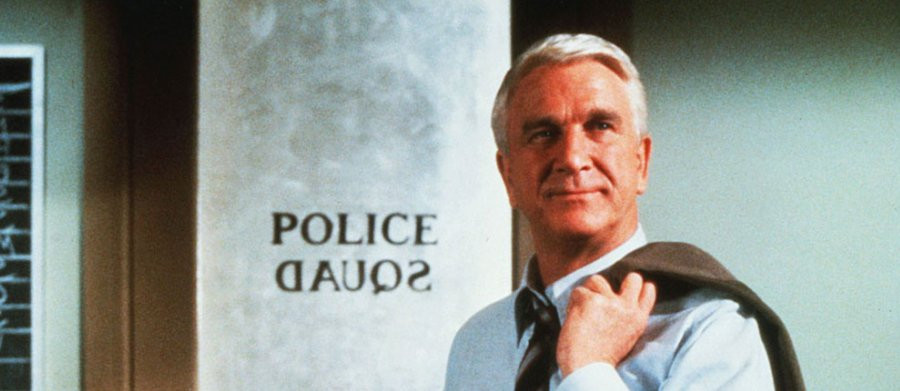
Police Squad!
1982 - United StatesReview: Brian Slade
There have been many instances of television network executives making the wrong decision when deciding when to pull the plug on a TV show, but surely one of the most remarkable failures has to have been the decision in 1982 to axe Police Squad! – after just four episodes.
Police Squad! was the brainchild of David Zucker, Jim Abrahams and Jerry Zucker, the creative forces behind the comedy smash Airplane. The trio, friends from high school, had achieved success of sorts penning The Kentucky Fried Movie, a film of parody sketches knitted together. The success was popularity with the public, though not with critics, but when Airplane came along they hit the big time. Airplane, a fast-talking slapstick lampooning of disaster movies like Airport, was characterized by having a cast of actors known almost entirely for straight roles. Among them was Leslie Nielsen, whose role as the doctor, after being asked ‘Surely you can’t be serious?’ became forever entwined with the phrase, ‘I am serious – and don’t call me Shirley.’
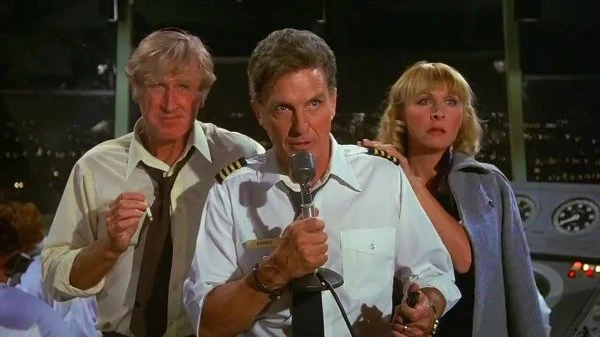
Nielsen had appeared in a host of the classic American cop shows of the 1970s. While not having a major part, he lined up at some point in Kojak, The Streets of San Francisco, Cannon, Columbo and The Protectors. So when Zucker, Abrahams and Zucker decided to take the comedy style that worked so successfully on Airplane to the small screen and decided to take a loving shot at those shows, Nielsen fitted the bill perfectly for the lead role of Detective Frank Drebin.
Police Squad! followed a set format for each of the six episodes of its criminally short run. The opening sequence adopted an in-your-face approach, with credits played over the screen of a swirling red siren on the top of a cop car, while a big band pounded out the dramatic theme song and Hank Simms gave the opening some gravitas with a dramatic voiceover that culminated in him announcing, ‘Tonight’s episode…’ followed by a completely different name to that displayed on screen. Simms had voiced many an introduction to shows from the Quinn Martin production line of prime-time dramas at which much of the Police Squad! was aimed.
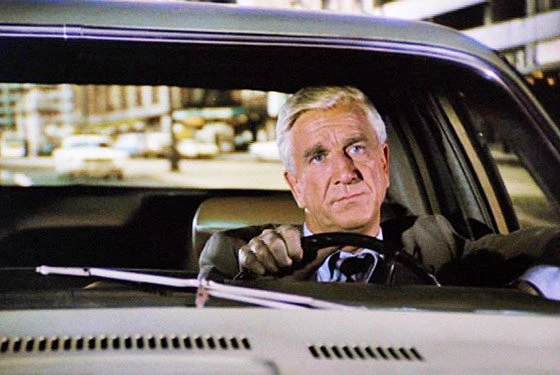
Alongside the hapless Frank Drebin was Captain Ed Hocken, played by Alan North, himself an actor with experience of playing legal roles, although primarily on the big screen.
For a show that had such a short life, Police Squad! managed to attract a host of high profile guest stars including Lorne Greene and William Shatner, the latter of which would reunite with the Airplane franchise in Airplane II: The Sequel. Perhaps the ability to attract guest stars was easier due to the fact that they would be killed off at the beginning of each episode before a word had been spoken.
The humour of the show was very much of the ilk of Airplane. Clumsiness from the oblivious Drebin would cause havoc in the background of the shows main action, while the sight gags and double-meanings in the dialogue ensured that the laughs were relentless almost to the point of losing track of any plot.
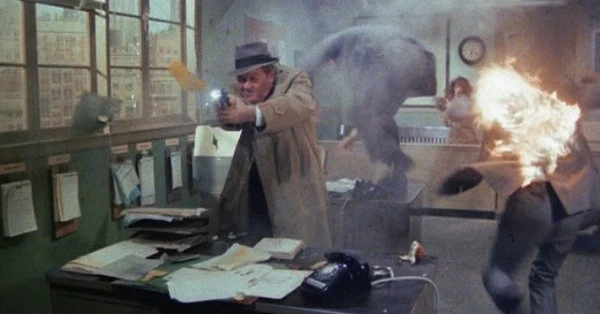
At the end of each episode, with the case wrapped up and Drebin and Hocken able to celebrate another success in a 30 second epilogue, there would be a jovial line to complete the show and the credits would role – with the seemingly traditional freeze-frame behind them. But in the case of Police Squad! only the lead actors would hold their pose while the remainder of the scene continued behind them. Such endings ranged from simply Hocken stretching his jaw trying to hold a laughing pose, to a suited chimpanzee on a desk hurling paperwork across the office past the statuesque characters.

Police Squad! was axed four episodes in. It was a bizarre decision. The humour of one of the most successful comedy movies of all time had transferred extremely effectively, and while it may have been a bit formulaic it was clear that the decision makers at ABC got things horribly wrong. Emmy nominations followed for Nielsen and the writing team and such was the popularity of the format that Drebin was revived for the ‘Naked Gun’ film franchise, whose success further proved that the decision to bin the television series was a hasty and frankly absurd one.
Perhaps the main failing of Police Squad! had been that at a time when even video recorders were not yet common place, too much comedy was wrapped up in the background of the visuals. That kind of humour lends itself perfectly to re-runs as people search for jokes they may have missed during first viewing, but quotes from the executives who pulled the plug suggest that they felt this style didn’t lend itself well to early 1980s prime time television viewers. Police Squad! may just have been too advanced for its audience. In one closing epilogue, as Drebin and his colleagues freeze for the end credits, the captured criminal realises that everybody is in freeze frame and suddenly makes his escape by unlocking his handcuffs and running unchecked from the scene. It was the kind of fourth wall-breaking comedy put to such good effect in Moonlighting just a few years later, where gun stand-offs could end by a prop man taking the shotgun away from its owner as the story over ran.

Whatever the bizarre reasons for ending the show so prematurely, there’s no denying that the brief stay of Police Squad! spawned some legendary film spoofs and influenced many a subsequent send-up comedy. It’s a show that stands up well today and if its axing was the only way to get The Naked Gun movies on our screens then we should thank the absurd decision-makers of the time at ABC for their short-sightedness!
Seen this show? How do you rate it?
Seen this show? How do you rate it?
Published on January 22nd, 2020. Written by Brian Slade for Television Heaven.


